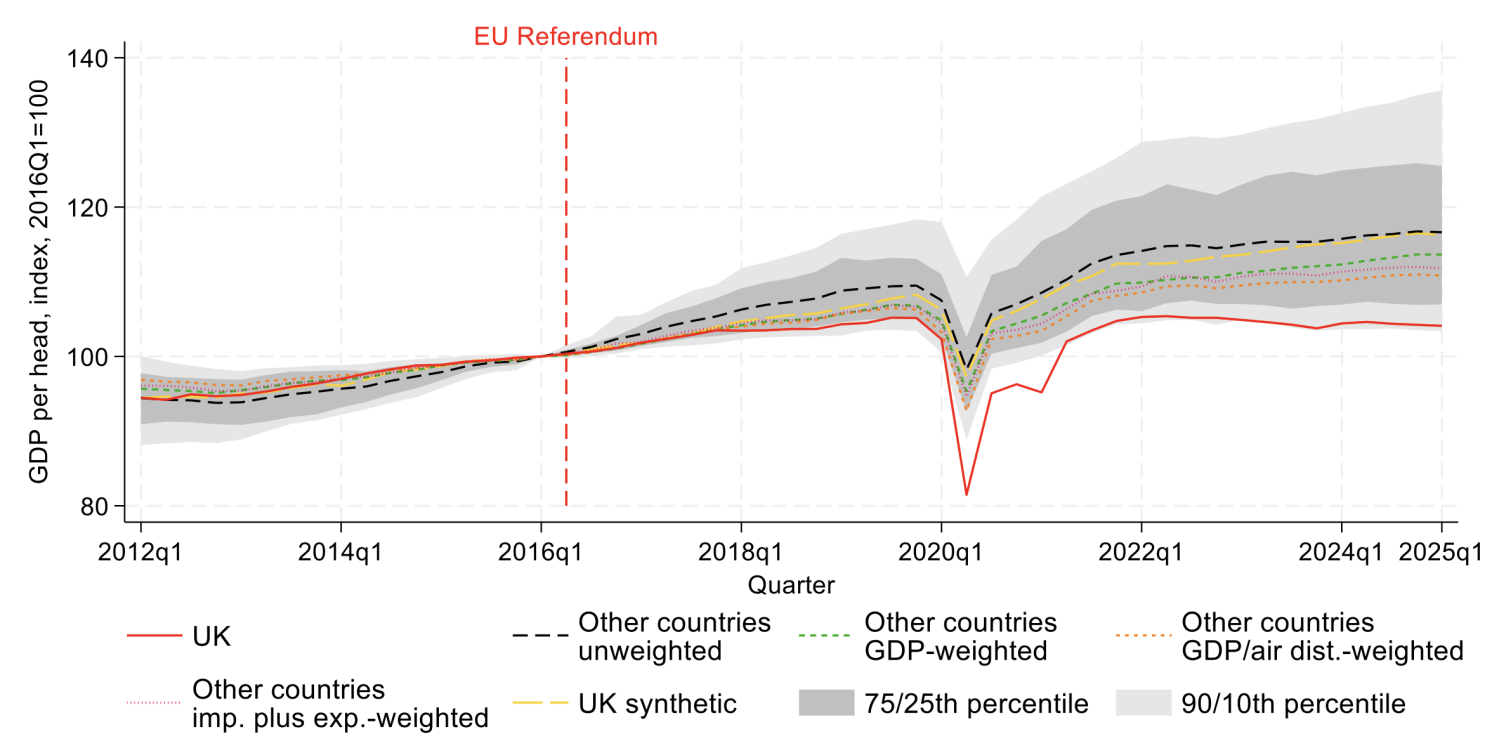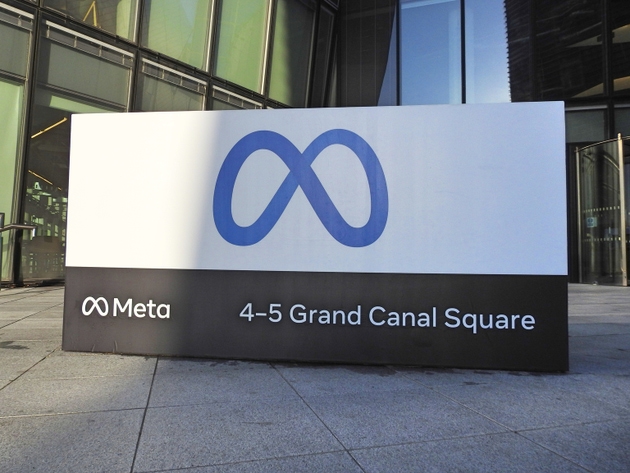The tech sector’s axing of thousands of employees isn’t a sign that the tide is turning for American workers, according to Morgan Stanley.
Huge rounds of layoffs have been carried out at tech firms including Lyft, Twitter, Stripe, Meta and Amazon in recent months, while some economists have argued that only higher unemployment can resolve America’s ongoing problem with inflation.
But in a note on Thursday, analysts at Morgan Stanley said they were doubtful the tech sector’s job cuts marked an impending “harbinger of changes” for the wider labor market.
While the investment bank’s experts said they were expecting a decline in U.S. employment growth thanks to elevated interest rates triggering hiring cutbacks, they predicted that a wider deterioration of the labor market was unlikely because the American economy largely “remains short-staffed.”
Downsizing in the tech field since 2021 had only amounted to 187,000 job cuts, they noted, which was a “sizeable” number for the industry but accounted for “barely more than 0.1% of total U.S. payrolls.”
Tech layoffs are not “the canary in the coal mine” signaling the beginning of extensive downsizings across all industries, the note’s authors wrote, arguing that even if companies wanted to reduce their labor costs, “there appears to be little fat to cut.”
Morgan Stanley isn’t the only investment bank assuaging concerns about what massive layoffs in tech might spell for the rest of the American workforce. The lender’s note came days after analysts at Goldman Sachs published a note of their own that insisted “tech layoffs are not a sign of an impending recession.”
“The tech industry accounts for a small share of aggregate employment—for example, the unemployment rate would rise by less than 0.3pp even in the inconceivable event that all workers employed in the “internet publishing, broadcasting and web search portal” industry are immediately laid off—so any drag on the overall labor market should be small,” Goldman’s analysts said.
“Second, tech job openings remain well above their pre-pandemic level, so laid-off tech workers should have good chances of finding new jobs. Third, tech worker layoffs have frequently spiked in the past without a corresponding increase in total layoffs and have not historically been a leading indicator of broader labor market deterioration, and layoffs in other industries still look limited.”
The U.S. labor market has remained strong even in the face of the Federal Reserve’s rate hikes. Last month, American employers added 261,000 jobs despite the central bank raising its core interest rate to the highest level in 15 years.
Our new weekly Impact Report newsletter will examine how ESG news and trends are shaping the roles and responsibilities of today’s executives—and how they can best navigate those challenges. Subscribe here.






































